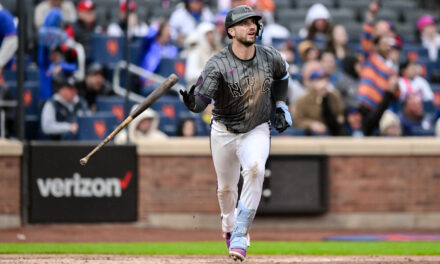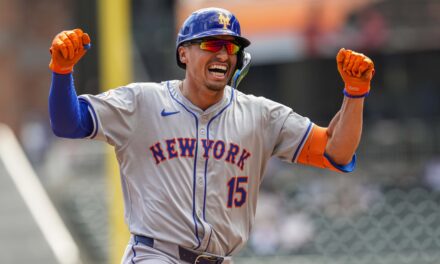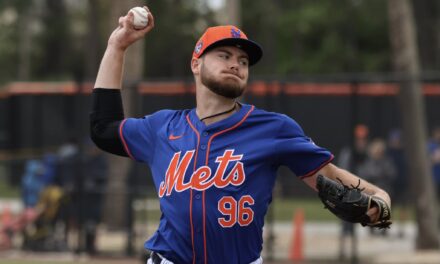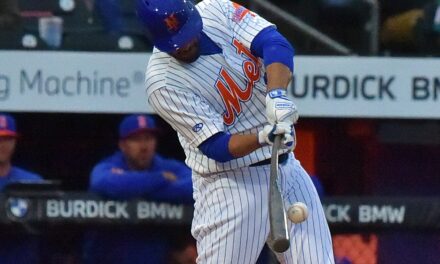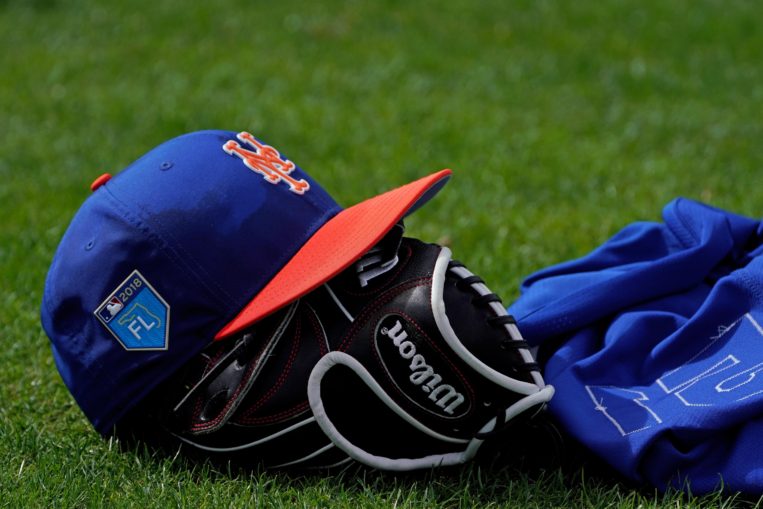
Major League Baseball plans to implement a 60-game season after failing to reach a resumption of play agreement with the Major League Baseball Players Association. Many proposals with different dates, ideas and financial numbers were sent back and forth between MLB and the MLBPA for more than a month, but what will the upcoming season consist of and how will it affect the New York Mets?
When Will Baseball Actually Return?
If the MLBPA agrees on the operating manual (which contains health and safety protocols) and confirms that the players will be able to report to camp within seven days, then spring training 2.0 will begin on July 1.
According to Jeff Passan of ESPN, there is a strong expectation that the MLBPA will agree on the operating manual and the report date, which would make Opening Day likely to take place around July 24.
If all goes as planned, that means the Mets will be back at Citi Field next week since New York Governor Andrew Cuomo announced on June 20 that the Mets and New York Yankees will hold spring training 2.0 at their home ballparks.
How Will The Playoffs Look?
MLB proposed expanded playoffs where 16 teams would play in the postseason rather than 10. However, since none of the proposals were agreed upon, MLB will be moving forward in 2020 with the same playoff format of 10 teams that has been in place since 2012.
The Mets as constructed now are not a team to take lightly. However, calling the team a no-doubt, surefire playoff team under the typical 10-team MLB playoff format would be bold, especially in a 60-game season. If the Mets miss out on a playoff spot they otherwise would have earned under one of the previous return-to-play proposals, it would be one of many reasons to lament the failure of MLB and the MLBPA reaching a deal.
Will There Be A Universal Designated Hitter?
In MLB’s statement on Monday night, it mentioned how their proposal of a universal designated hitter for the 2020 and 2021 seasons will not be operative. According to Bob Nightengale of USA Today, there will still be a universal DH in 2020 since both sides agreed upon it as part of the health and safety protocols.
Such an addition to the National League will benefit a team like the Mets that have players like Yoenis Cespedes (who is returning from injury), Dominic Smith (whose natural position of first base is manned by Pete Alonso) and J.D. Davis (who brings more to the table offensively rather than defensively). Jed Lowrie could benefit from the DH as well if and when he returns to the field for the Mets.
How Much Will The Players Get Paid?
The players will get full prorated salaries for the 60 games played. That translates to about 37 percent of their full-season salaries.
Under the previous proposals there were extra bonuses such as a guaranteed $25 million in playoff pools for 2020. However, that will not be provided to the players in MLB’s return-to-play plan.
Although not known at the moment, the question for the Mets and all the other MLB teams is if any of their players will sit out the season. If players do not want to play amid the COVID-19 pandemic or if they want to take a stand against MLB, most will not be affected much financially speaking.
Is 60 Games Good For Baseball?
After all the back-and-forth failed negotiations between MLB and the MLBPA, baseball is on pace to be the first of the four major North American sports back. However, it comes at a cost.
The future of baseball beyond 2021 could be in jeopardy. These failed negotiations further damaged the relationship between MLB and the MLBPA. The two sides must negotiate a new collective bargaining agreement after the 2021 season and a lockout could happen.
In the short-term, many baseball fans may be happy to see baseball be played at all in 2020. Also while 60 games is far from ideal, it is better than MLB’s previous inclination to play 48 games. Eno Sarris of The Athletic explained that 60 games gives us a lot more information about how good a team is compared to 48 games, despite the difference of only 12 games.
The worst part of 60 games may be its negative impact on the future of baseball and how avoidable that impact could have been. Had MLB agreed to one of the MLBPA’s proposals (the most recent including 70 games with full prorated pay), perhaps the relationship between the two sides could have been salvaged to an extent. That difference of 10 games could end up being critical to the future of baseball.
Hopefully the two sides’ negotiations go better after the 2021 season for the good of baseball. In the meantime, let’s play ball!


